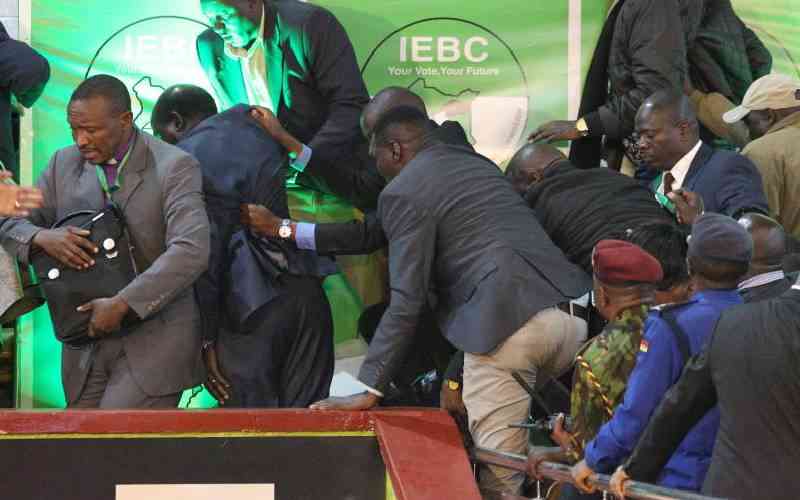×
The Standard e-Paper
Stay Informed, Even Offline

To mark the beginning of week two of the Supreme Court presidential election petition, allow me to offer a quote by Cicero: "Any person can make a mistake, but only an idiotic person persists in their error".
Now let us replace 'person' with 'country'. In other words, if this petition does not provide an electoral re-set, a correction of our recurring mistakes, then we risk the persistence of a gross national error. I say this for three reasons.